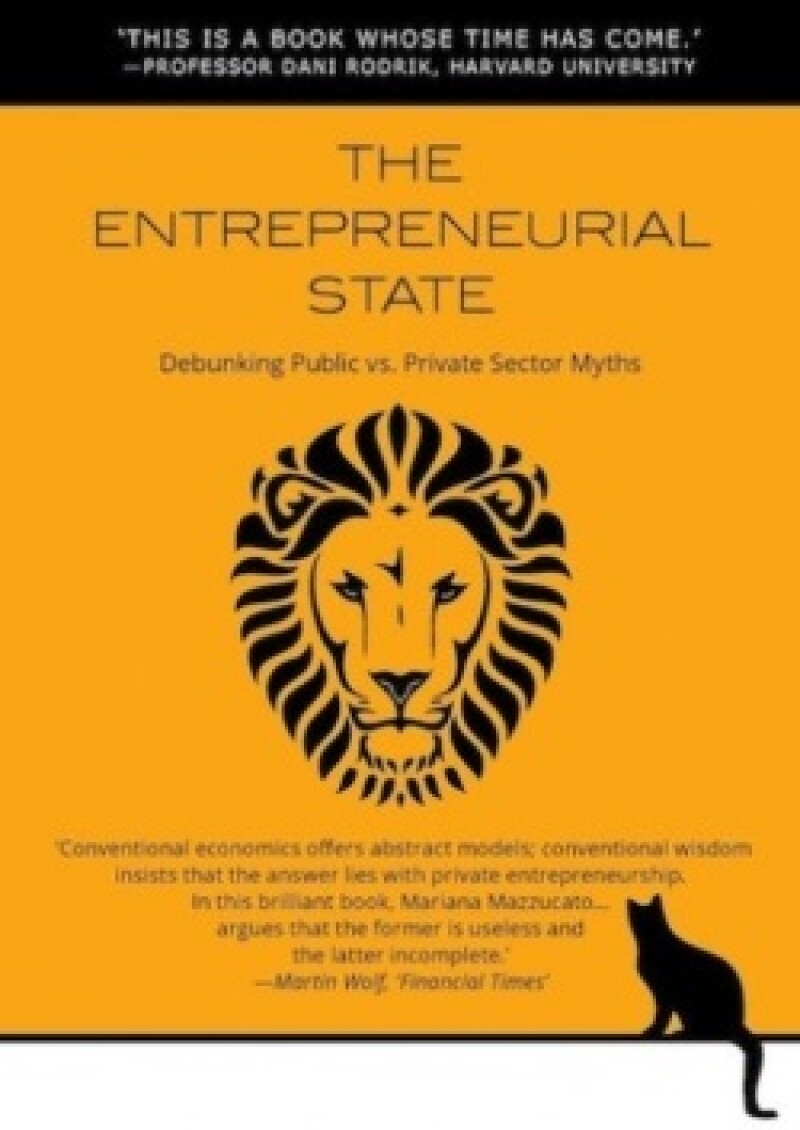The life sciences report published by Marks & Clerk last month reveals that many of the most cutting edge advances in genome research are being made as the result of public funding in the sector.
We wrote about the report when it was launched at the BIO convention in San Diego, but we focused on the geographical split in patenting in the genome sector. But another interesting aspect of Marks & Clerk’s research is the public/private split it reveals, and the role of government funding in early stage research.
In particular, the patent application figures for sequencing, personalised medicine and synthetic biology reveal much about the state of the market in each field.
As partner Gareth Williams explains, the prevalence of private companies filing patents for sequencing technology shows a maturity in the market. In contrast, he says that “the high number of filings by public bodies in personalised medicine and particularly in synthetic biology depicts two emerging technologies, with private companies on the whole showing less confidence.”

I have just been reading the Entrepreneurial State by economist Mariana Mazzucato who writes persuasively about how governments in rich countries have played a crucial role in innovation. They have done so not just by responding to perceived market failures but by actually creating markets by making investments where the risks involved are just too daunting for the private sector to take on. Once that’s done, the private sector can move in and turn innovation into marketable products.
Marks & Clerk’s research seems to support her views. Of course there’s more to innovation than throwing public money at it (or, as the report’s authors put it, “political engagement in itself is not enough to create an industry”). But in an era where many people regard the state as a brake on, if not an outright impediment to, innovation and entrepreneurialism, it is useful to be reminded why that’s not the full picture.









